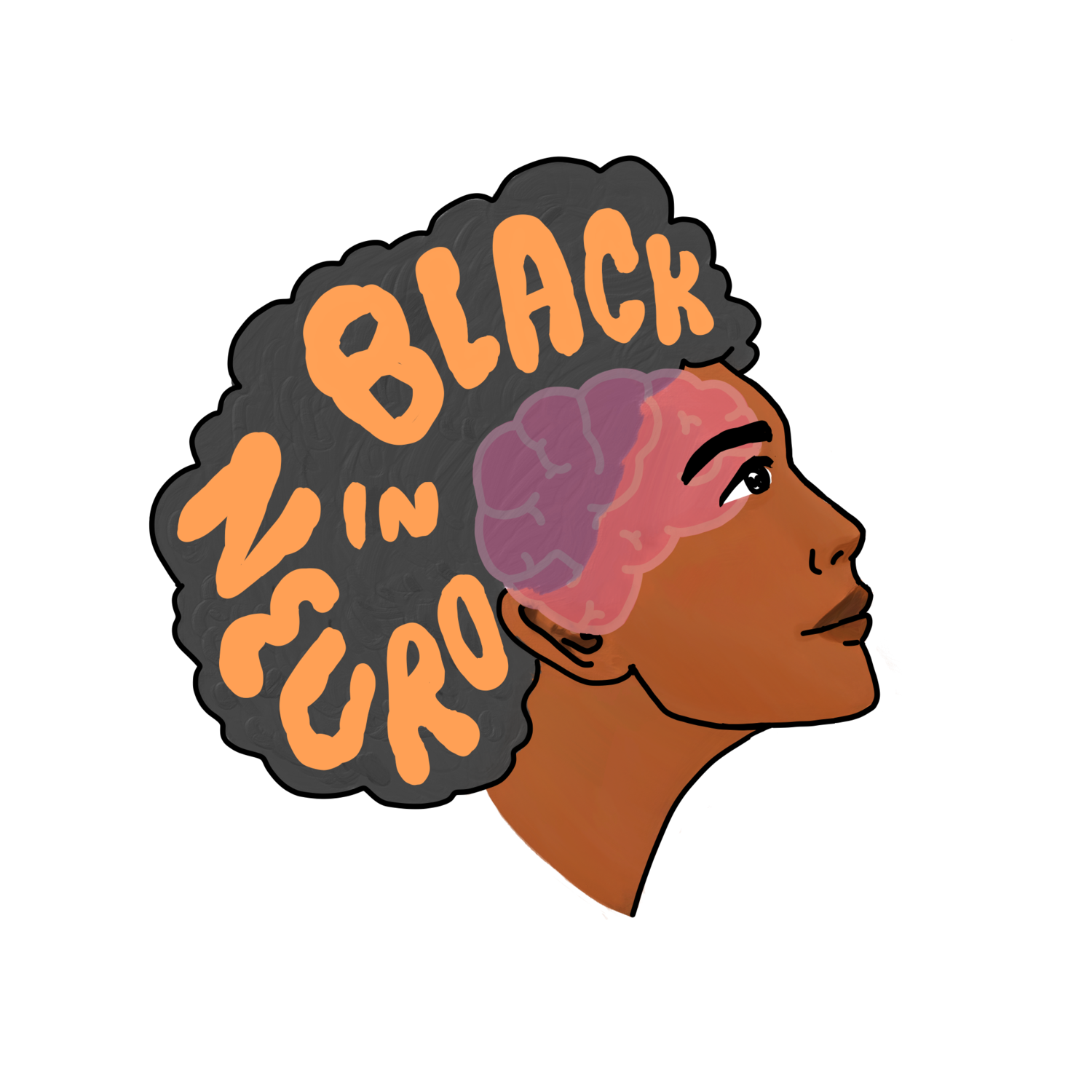I am Black and Disabled, Hear Me
This image is provided under a Creative Commons attribution license by Disabled And Here.
I joined the lab of Dr. Francesca Telese at the University of California, San Diego during my last semester at MiraCosta College in Oceanside, California.
Her lab studies epigenetic mechanisms in drug addiction.
I love neuroscience, and I found over time that my body did not love bench science.
I celebrated my acceptance to the University of California, San Diego with Dr. Telese’s lab majoring in Cognitive and Behavioral Neuroscience.
I have Fibromyalgia, sciatica, carpal tunnel, tennis elbow, gastroparesis, and torn shoulders.
I am really glad to have found out during undergraduate.
I am now leading two research teams that are pursuing public health and neuroscience topics.
My conditions really like systematic reviews so much better.
I also found my passion in Public Health and switched my major to Psychology with a specialization in Human Health to understand the mental health field before I transform it.
Finding that #BlackInNeuro had a week planned, I opened the picture to see topics ranging from #BlackJourneyToNeuro, #BlackWomenInNeuro, but there was something missing for me.
Where is #BlackDisabledInNeuro or #BlackandDisabledInNeuro?
Black people with disabilities exist.
In every minority group, people with disabilities are there in silence.
As a disabled person, I have become used to being included in statements about accommodations and accessibility – but it is more than that to me.
I identify as invisibly disabled, which somehow is worse, and I am also bisexual, Christian, and a woman, so I have layers and layers of marginalized status in STEM.
Yet all that is seen is a black woman, everything else is invisible.
I feel invisible at times.
I find myself longing for a community that understands me.
Longing for a mentor that is black and disabled to share what graduate school was like for them. What am I walking into as a black person with disabilities?
I guess I will have to network and network endlessly to try to find some answers.
As I write this, the time is turning to the 30th anniversary of the ADA on July 26, 2020.
What do we have to show for our progress?
Diversity-based programs still forget about disabilities, and the same goes for funding.
When universities build communities, they build cultural centers for black, LGBTQ, undocumented, women, and other minority groups – never do they think of a disabled student cultural center.
Disabled cultural centers come from disabled student activism.
I am disabled; do I want to become an advocate to get what I need to not just survive in college but thrive in a community?
No, I really don’t want to.
Yet, if I don’t do something and teach other disabled students that their voice deserves to be heard – it will be drowned out by the voices we are trained to hear and the people we see.
Where are our allies to call for our voices to be heard?
That ally could be within you.
Being black is hard, but being black and disabled is a compounded burden that I would not wish on my worst enemy.
Being disabled is more than a medical condition to me, but a part of who I am now that I fight to accept a little more each day.
Being Black in Neuro is to be a minority, but there are so many of us who are minorities within a minority group.
Thank you for being willing to see us.
Thank you for celebrating the 30th anniversary of the ADA with us.


